Pluto: Too Awesome to Be a Planet
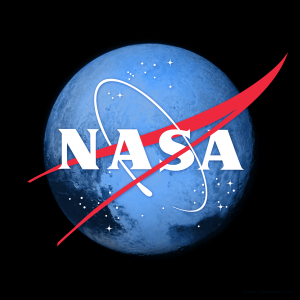 If you’re a science nerd like me, you’ve probably been following the adventures of NASA’s New Horizons space probe. Finally, Pluto is no longer a distant blob in the sky, but a real place with icy mountains, plains of frozen carbon monoxide, and a heart-shaped region that has captured the imagination of millions. Pluto is an amazing feature of our solar system, with five tiny moons and a surprisingly active geology. But no matter what the masses say, it’s still not a planet.
If you’re a science nerd like me, you’ve probably been following the adventures of NASA’s New Horizons space probe. Finally, Pluto is no longer a distant blob in the sky, but a real place with icy mountains, plains of frozen carbon monoxide, and a heart-shaped region that has captured the imagination of millions. Pluto is an amazing feature of our solar system, with five tiny moons and a surprisingly active geology. But no matter what the masses say, it’s still not a planet.
I watch a lot of science videos on YouTube, and occasionally I scroll down and read the comments. YouTube comments are notorious for their hatred and stupidity, but the ones on educational videos tend to be at least a little bit intelligent. But any time Pluto is brought up in a video, you’ll see multiple comments complaining about Pluto losing its planetary status. Pluto was “demoted” almost a decade ago, and yet this still riles up people on the internet all the time. This makes me wonder why.
Rote Memorization
I think there are several reasons people are so adamant about Pluto being a planet. We think of science as being “factual”, and facts as immutable laws of the universe. As kids we memorize the planets of the solar system like the letters of the alphabet. Finding out Pluto isn’t a planet is like finding out Q isn’t a letter. Pluto’s reclassification shakes up the fundamental facts that we memorize as a kid, rattling us to the core.
Of course, science isn’t about memorizing rote facts. It’s about critical thinking. It’s about finding ways to describe and classify the universe in a way that matches the existing data. And in this case, the data didn’t match the classification. When Pluto was first discovered, we reckoned it to be about the size of Earth. Later estimates showed it was smaller, much smaller than even our Moon. Further investigation showed that Pluto didn’t orbit the sun in the same ecliptic as the other planets, and that it was one many rocky/icy objects in the part of space known as the Kuiper Belt. Everything we observed about Pluto was different than the other eight planets, so our definition of “planet” had to change to suit the data.
Pop Culture
A lot of people were (are) perturbed that the facts they grew up memorizing are wrong, but I think there’s more an even more popular influence on Pluto’s popularity: Disney. The (dwarf) planet was named for the Greco-Roman god of the underworld, but it also shares its name with a popular Disney character. Disney owns a great deal of our pop culture. So when people here the name “Pluto”, they think “cuddly cartoon dog” and not “ruler of Hades”. I think that if they demoted Uranus as a planet, people wouldn’t care so much. Uranus isn’t associated with a funny dog, just a funny pronunciation.
Pluto is also big in pop culture because it’s the underdog (no pun intended). It was the last planet (in the solar system) that we discovered. The last in terms of order. The smallest. We as human beings have a tendency to personify inanimate objects. So when the smallest planet turned out not to be a planet at all, people took it personally. We’ve all been the underdog sometimes, the Pluto amongst the gas giants of the solar system. Pluto’s demotion went against the grain of every coming of age movie ever, an unhappy ending on an otherwise inspirational plot.
Scientific Progress
Many non-scientists view Pluto’s reclassification as a loss. As if Pluto as a celestial body somehow ceased to exist. But the truth is quite the opposite. When astronomers decreed that Pluto was not a planet, they created something new. They created a more precise definition of what a planet is. Our definition of planet has changed before, and it may very well change again.
Under the Geocentric model of the universe, a planet was anything that moved in relation to the stars. This included Mercury, Venus, Mars, Jupiter, Saturn, and even the Sun and the Moon. It didn’t include Earth. It was only once we switched to Heliocentrism that we realized that the Earth is a planet, while the sun and moon are not. But as we’ve discovered more objects inside — and outside — of our solar system, our very idea of what is and is not a planet has had to evolve. This is scientific progress at its finest.
At the end of the day, Pluto still exists, and it’s still an intriguing place. This holds doubly true after the data we’ve received from New Horizons. Based on what we know about astronomy in the early 21st century, I doubt Pluto’s status will ever change back. And that’s okay. Planet or not, Pluto captures our imagination like nothing else.
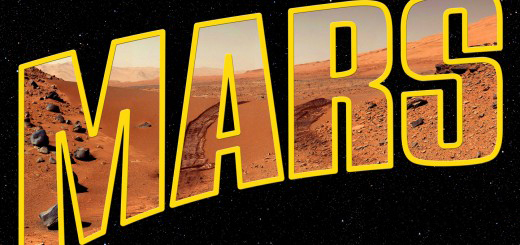
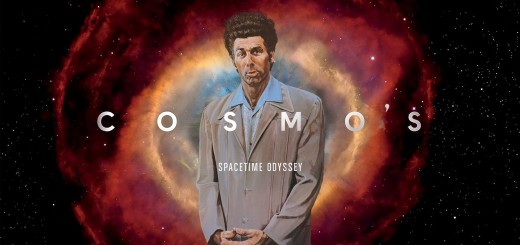
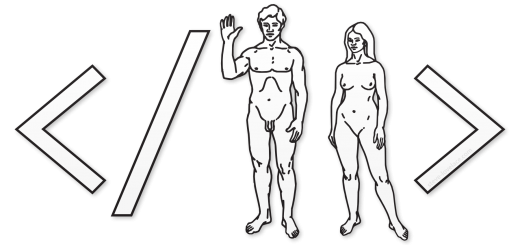
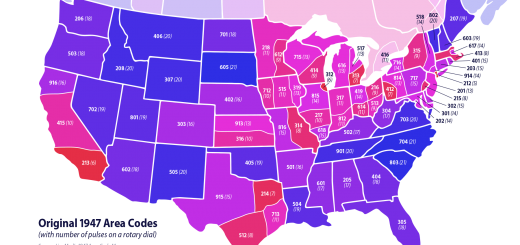

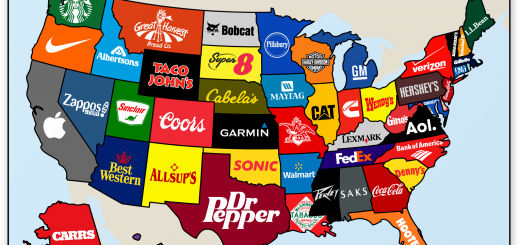
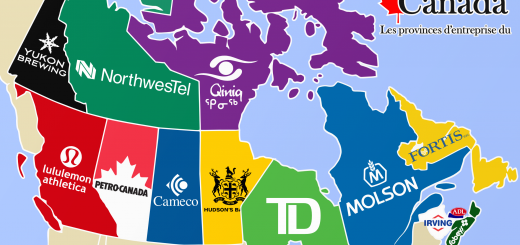
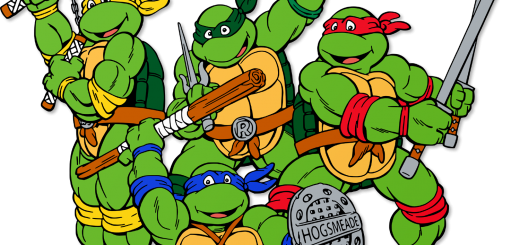
1 Response
[…] have to create our own. For this, we will have to use robots. We’ve seen plenty of probes through the solar system (and beyond), and while robots don’t capture the imagination quite the same as manned […]